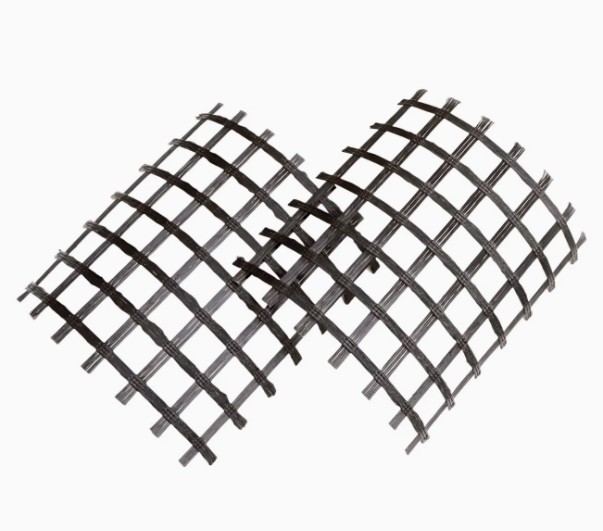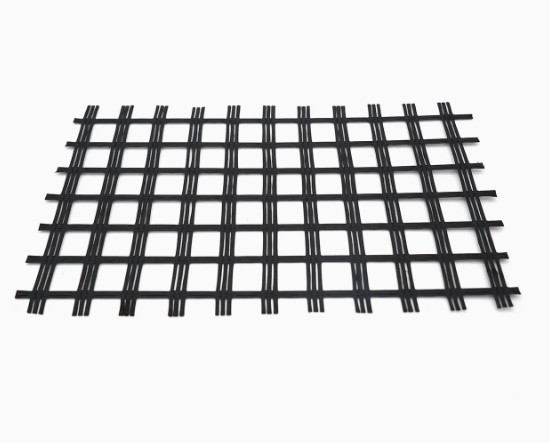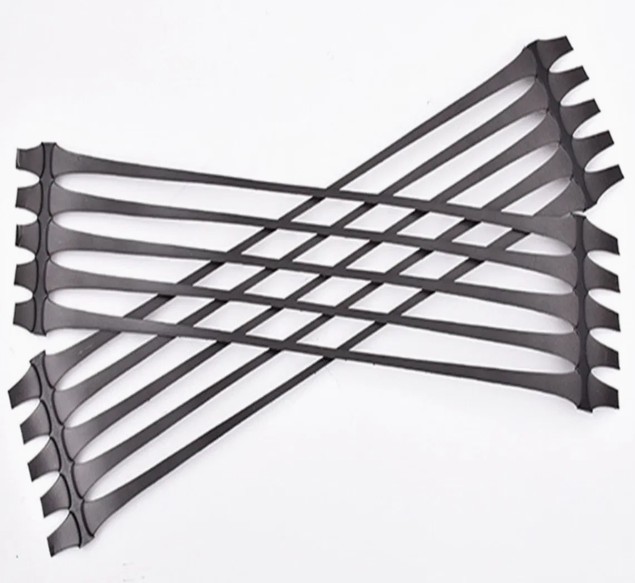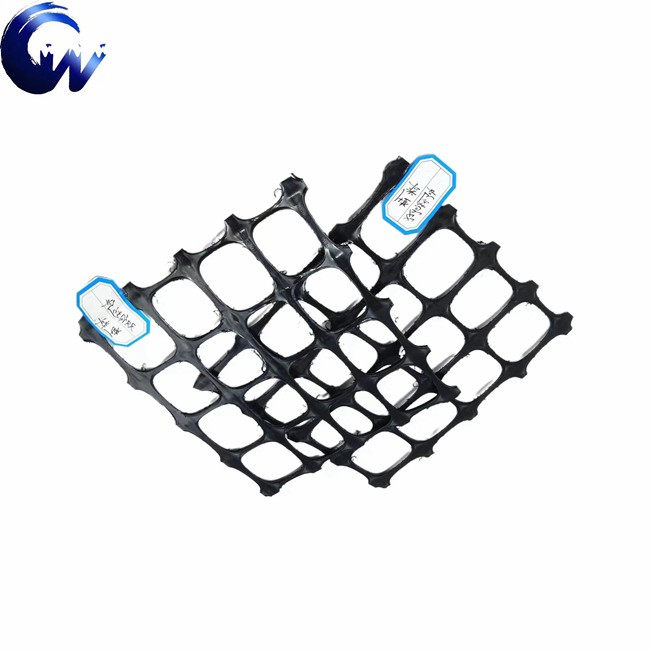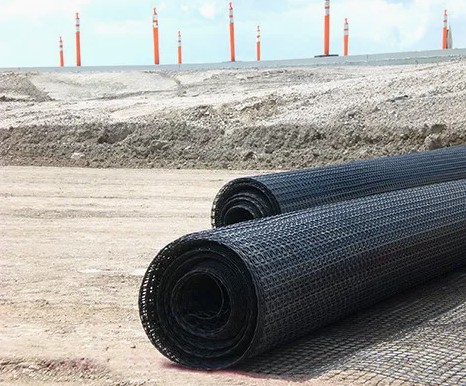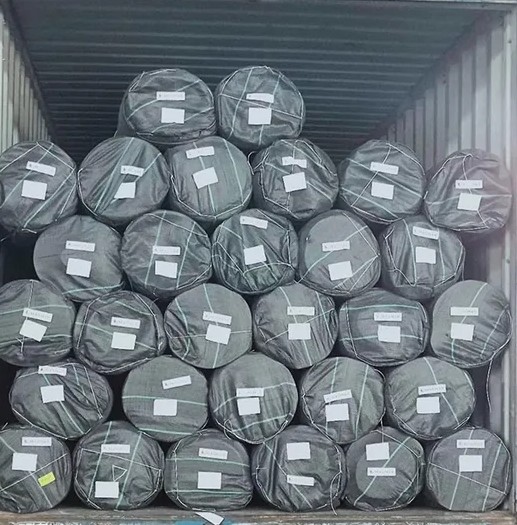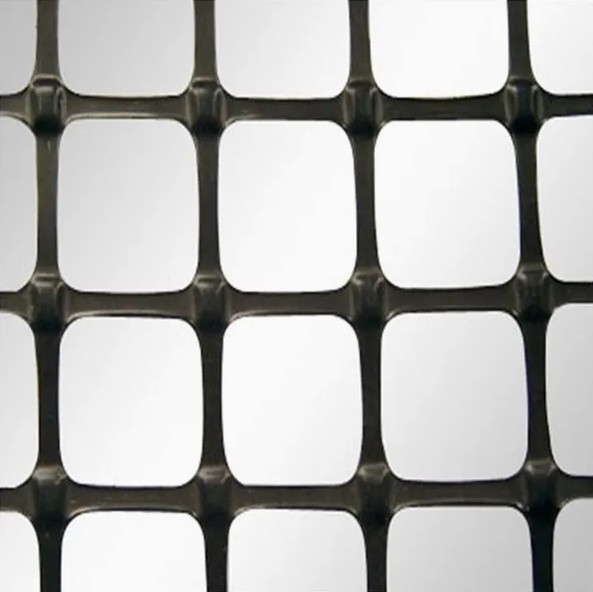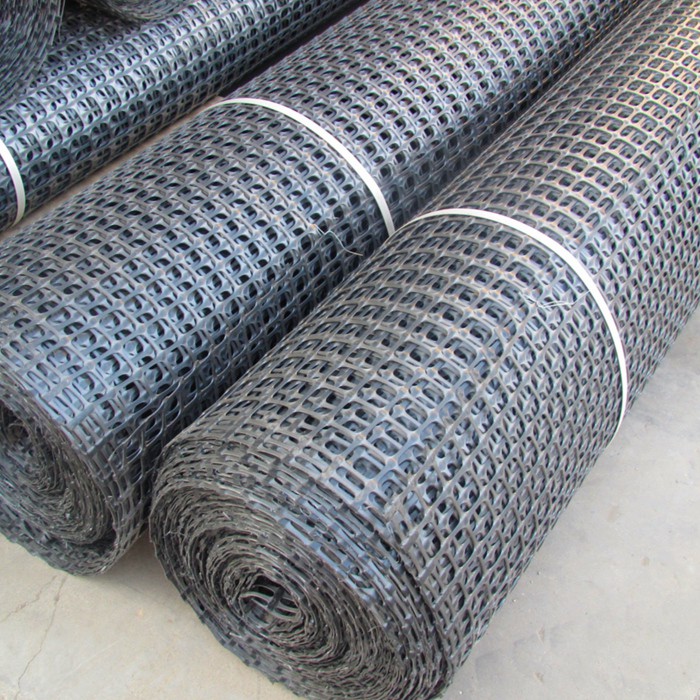Welcome!


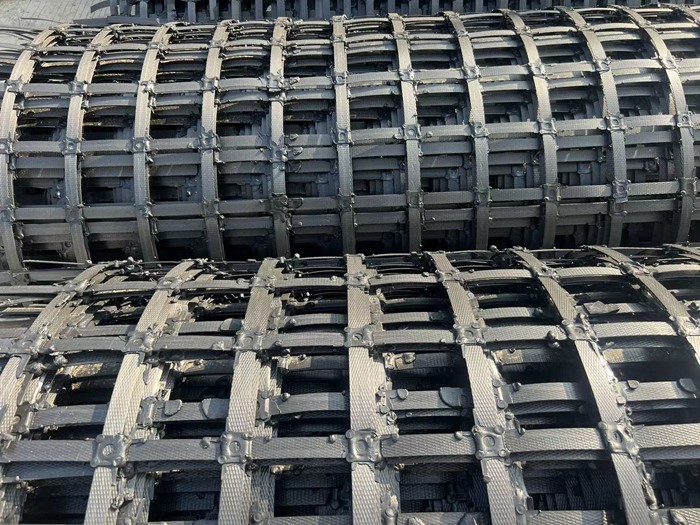



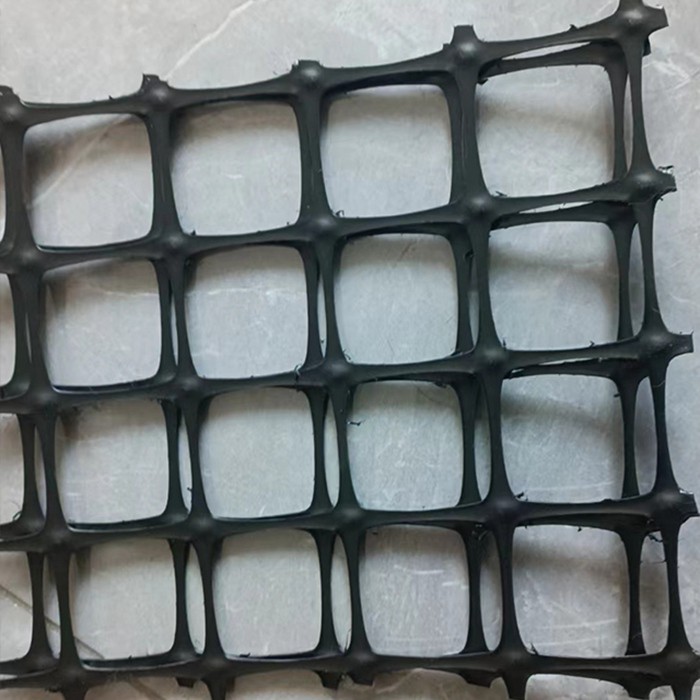
High Quality Retaining Wall Geogrid Manufacturer Price
Product Description
Geogrid is a major geosynthetic material with unique properties and effects, widely used in civil engineering. Plastic geogrid is a polymer mesh material with square or rectangular shape formed by stretching. It can be divided into two types according to the different stretching directions during its manufacturing: uniaxial stretching and biaxial stretching. Unidirectional stretching grids are only made by stretching along the length direction of the board, while bidirectional stretching grids are made by continuing to stretch the unidirectionally stretched grid in a direction perpendicular to its length.

Characteristic
High strength: The tensile strength of geogrid is close to that of soft steel, and it has a high bearing capacity.
Small creep: If the design strain (elongation) of the geogrid is controlled below 10%, the geogrid will hardly experience creep and can maintain stable performance for a long time.
Adapt to various soil environments: Geogrids can adapt to various soil environments, including soft foundations, miscellaneous fill soil, and backfilled soil foundations.
Good durability: anti-aging materials such as carbon black can be added in the manufacturing process to make it have good durability such as acid resistance, alkali resistance, corrosion resistance and anti-aging.

Key points of construction
Laying flat: Ensure that the geogrid is laid flat, avoiding overlapping and crossing, to ensure its stability and long-term service life.
Fixed firmly: Use geogrid U-shaped nails and other fasteners to fix it to foundations such as walls, pile foundations, and earthen walls to ensure a secure fixation.
Avoid damage: During the construction process, avoid damaging the geogrid to avoid affecting its performance and effectiveness.
Pay attention to drainage: When laying geogrids, pay attention to the setting of drainage facilities to avoid adverse effects of accumulated water on the geogrids.


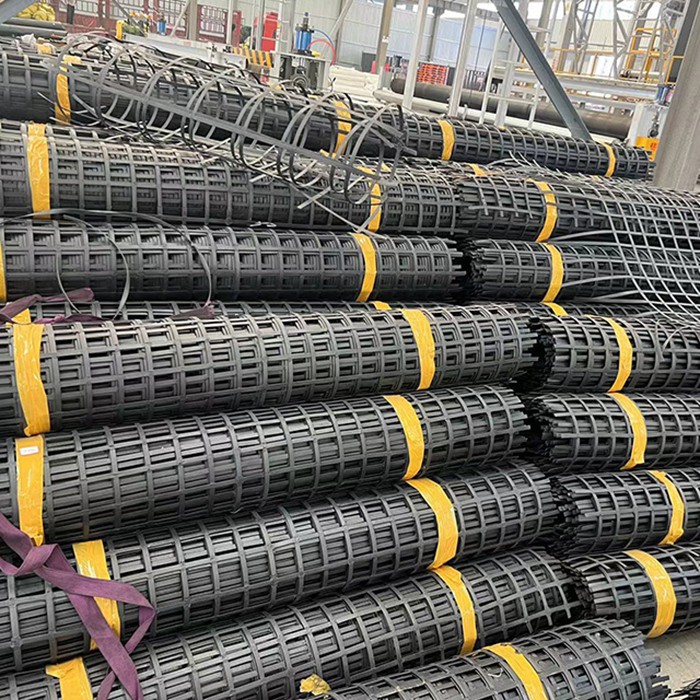

Recommended Products
Recently Viewed
Contact Us
Anhui Chuangwan New Material Co., Ltd.





